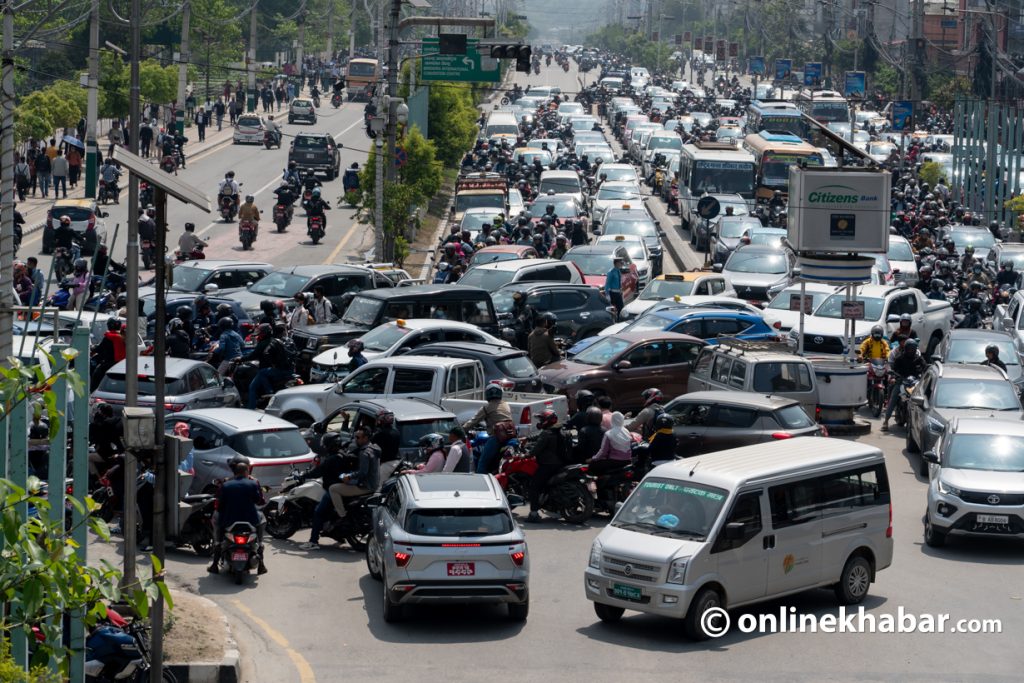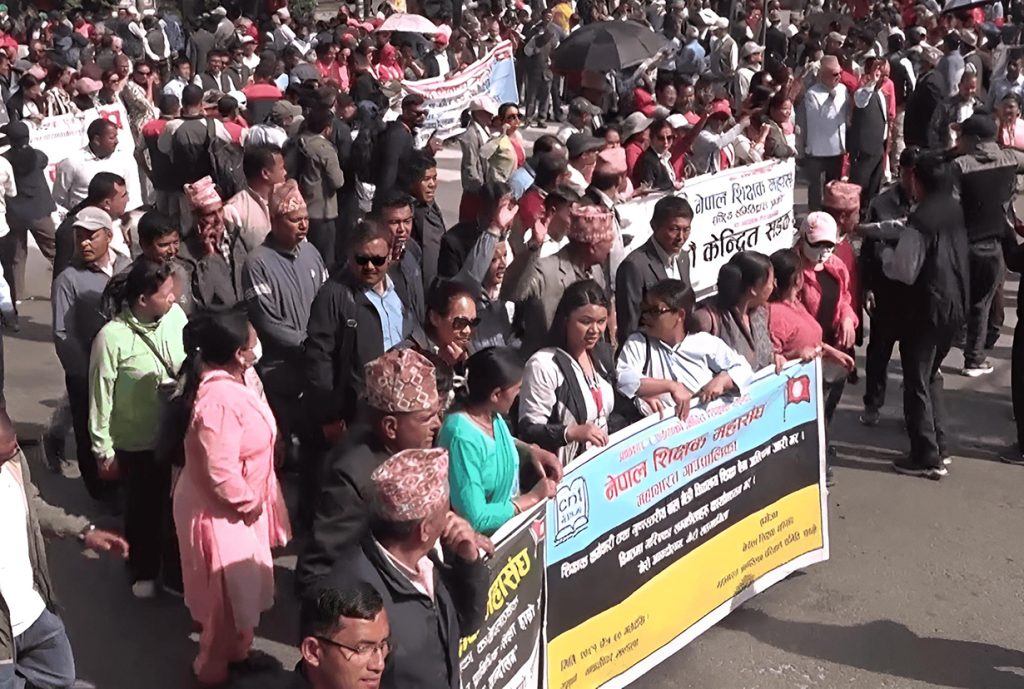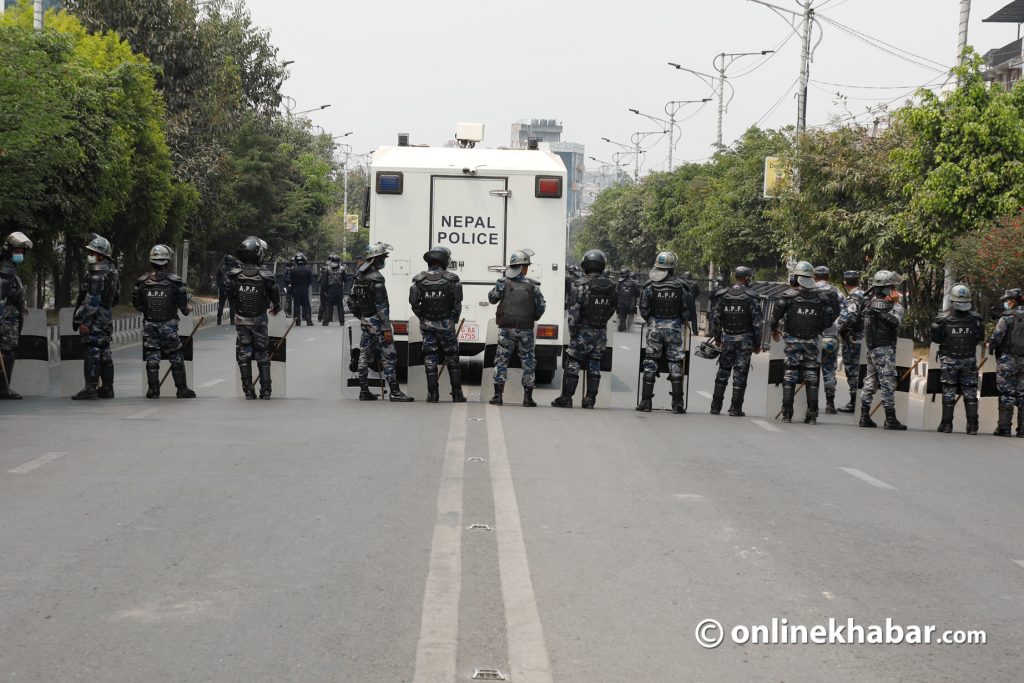In the first 10 months of the current fiscal year, Nepal Police has recorded 5,673 people have committed suicide.
The number of suicides is said to have increased this fiscal year. Based on the police records alone, it is said to have increased by about 1.5 per cent as compared to the last fiscal year.
To curb the coronavirus pandemic, the government announced a lockdown on March 24, 2020, that paralysed almost all sectors. The fate repeated this year with all districts across the country, except two, locked down currently. But, the long lockdown is likely to induce loss of livelihood, financial problems, unemployment and other mental health problems, which can lead to suicide, point out psychologists and psychiatrists.
Dreadful data
Nepal Police says the risk has been realised and the impact of the Covid-19 pandemic has certainly started to influence the statistics of suicides. Whereas 6,085 suicides in the fiscal year 2019/20, 5,673 were confirmed in the first 10 months of the current fiscal year.
This number is more than the number of Covid-19 deaths across the country. As of the end of the 10th month of the fiscal year 2020/21, only 4,669 had died of the coronavirus infection.

Police spokesperson SSP Basanta Bahadur Kunwar says Covid-19 has been the main reason for the increase in the suicide rate. According to spokesperson Kunwar, the number of suicides has increased due to loss of employment due to the lockdown, financial crisis, and mental health problems due to domestic violence.
Police estimate that the second wave of the pandemic has left impacts on many more and the number of suicides is likely to increase.
Whose responsibility?
Even before the impacts of the first wave subsided, the second wave spread aggressively. It further affected people’s lives. In many places, the whole family is infected. Or even if the breadwinner is infected, it affects the livelihood of the entire family.
Mental health experts point out that the causes of suicide vary ranging from financial, social, mental, family to other stresses. The second wave has badly dented all these sectors and will possibly increase the suicide rate. says Dr Saroj Prasad Ojha, the head of the Psychiatry and Mental Health Department at Tribhuvan University Teaching Hospital.
It is mainly the government’s responsibility to prevent the suicide rate from increasing. Experts say if the government is to provide mental health services as widely as possible for physical health care, the suicide rate will be greatly reduced.
Therefore, to start reducing suicide, Ojha suggests setting up community-level treatment facilities and relaying information services about medicines and treatment. He adds it is also important to increase public information and awareness about mental health, and for that, the nation needs to increase skilled human resources.

Dr Ojha says many still do not know about the available treatment of mental health problems. Some hospitals and organisations, including the TUTH, offer psychotherapy and mental health treatment. Given many do not know where to reach out, they end up choosing suicide.
Feeling for family
Dr Ojha also says resources and information should not be limited to the population of Kathmandu. “If we do not extend our services today, we will be in a situation where we will be counting the suicide numbers next, shortly.”
Along with the government, the family plays a key role in preventing suicides. Psychologist Dr Karuna Kunwar says that the family members need to be alert and aware of each other’s mental health problems.
She says the family should get in the habit of talking openly and share the pain. Dr Kunwar says, “Depression can occur when mental stress increases. People have to talk openly about depression and seek treatment. This way, we can prevent suicides.”
Mental health experts are concerned that if the state and the family are not sensitive to this issue, suicide will become more complicated than the coronavirus epidemic.



























